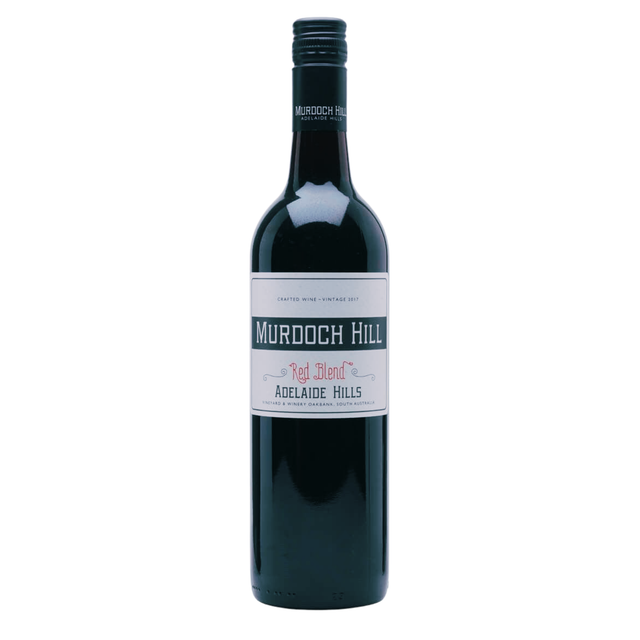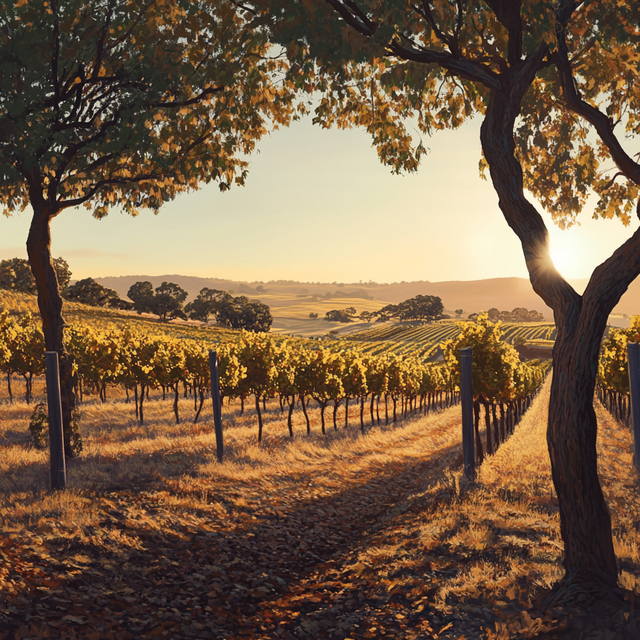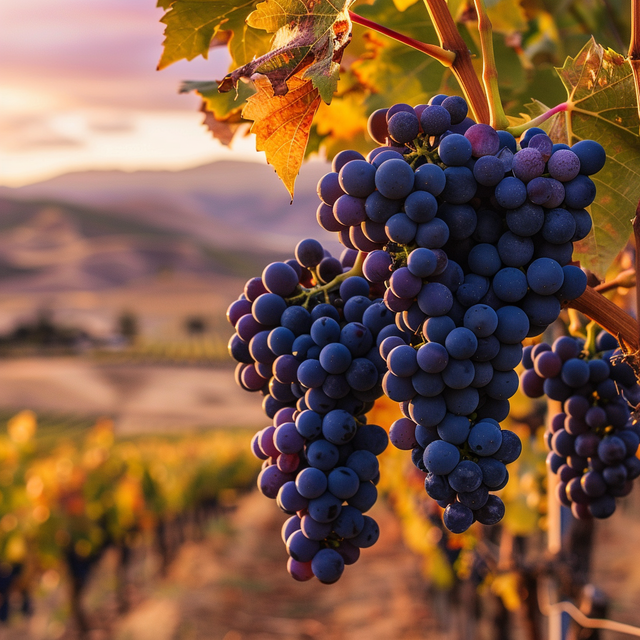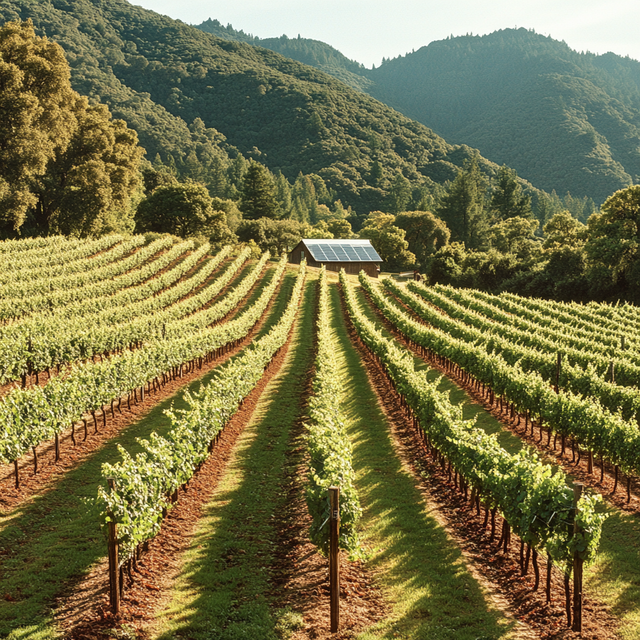South Australia is home to many of the country’s most famous wine regions and accounts for nearly half of Australia’s total wine production. The Barossa Valley and McLaren Vale are known for their warm climates and powerful Shiraz, Grenache, and Cabernet Sauvignon, often grown on ancient soils. Clare Valley and Eden Valley offer cooler conditions at higher elevations, producing intensely aromatic Riesling and finely structured Shiraz. The Adelaide Hills, with its cool nights and varied aspects, excels with Pinot Noir, Chardonnay, and Sauvignon Blanc. Coonawarra, farther south, is famous for Cabernet Sauvignon grown on its distinctive terra rossa soils over limestone.
Australia - South Australia
Cabernet Sauvignon, originally hailing from Bordeaux, France, has triumphantly spread to become a cornerstone of vineyards worldwide, achieving particular renown in Napa Valley. This versatile grape variety adapts to a broad spectrum of climates, producing full-bodied wines that are rich in black cherry and blackcurrant flavors, with layered complexities of oak and spice. The grape's success in regions like Napa Valley is a testament to its global adaptability, where it benefits from the optimal blend of warm days and cool nights, coupled with diverse soil types, to express a unique balance of power and elegance that pays homage to its Bordeaux origins.
Cabernet Sauvignon
Sustainable vineyard farming is an environmentally conscious approach that prioritizes long-term ecological balance, economic viability, and social responsibility. Unlike organic farming, sustainable practices do not necessarily exclude synthetic chemicals, but rather focus on minimizing their usage, carefully managing resources like water and energy, protecting biodiversity, and reducing waste and carbon footprint. Wineries employing sustainable methods often integrate modern technology and traditional practices to improve efficiency and maintain healthy vineyards. Certifications like "SIP Certified" or "LIVE Certified" help validate sustainability efforts. However, sustainable farming differs distinctly from organic, as sustainable producers may use synthetic inputs in moderation if deemed necessary for the overall health and productivity of their vineyards.





